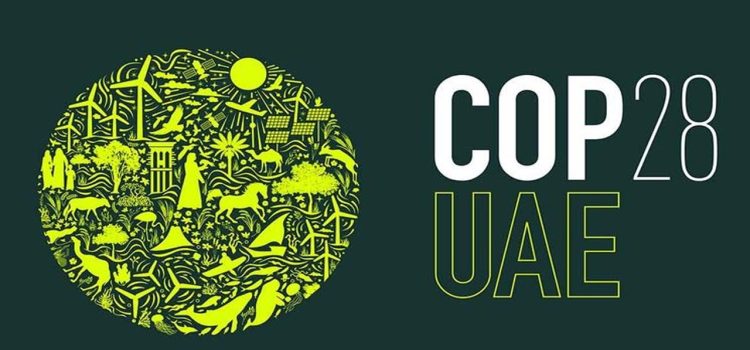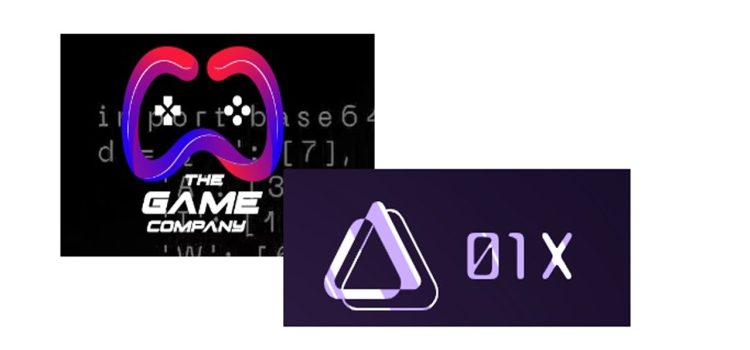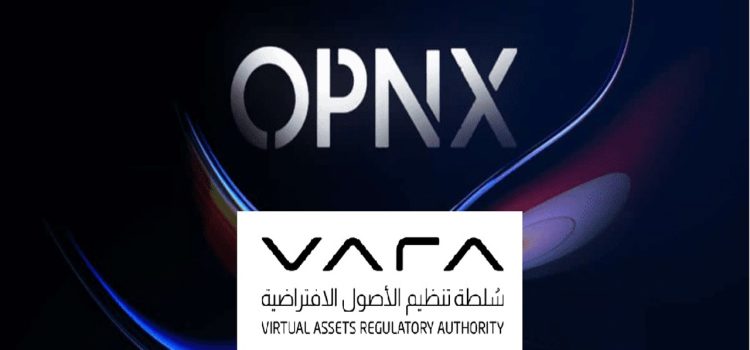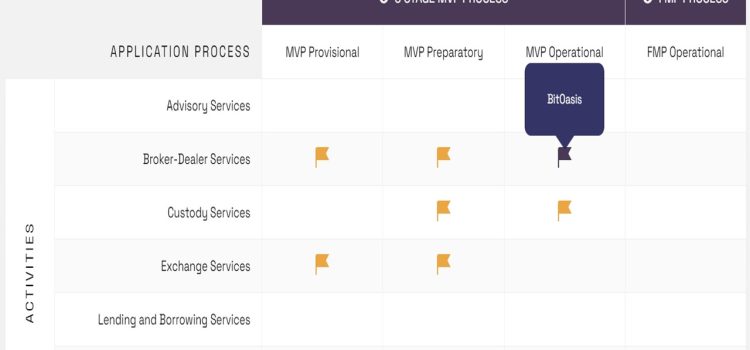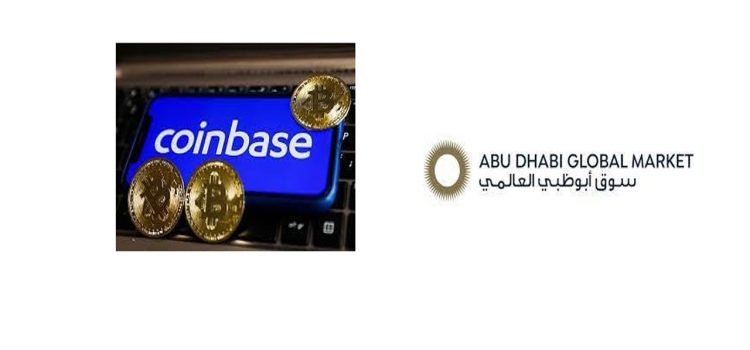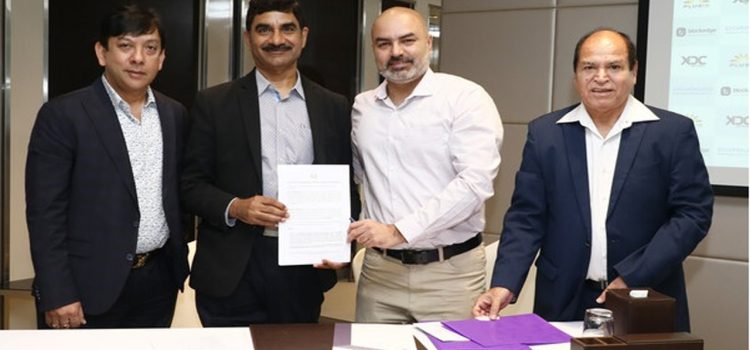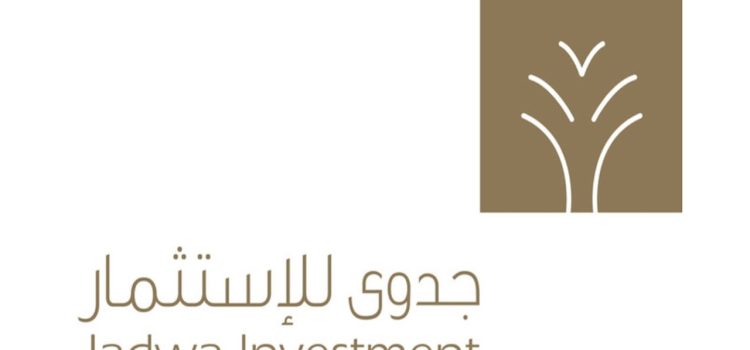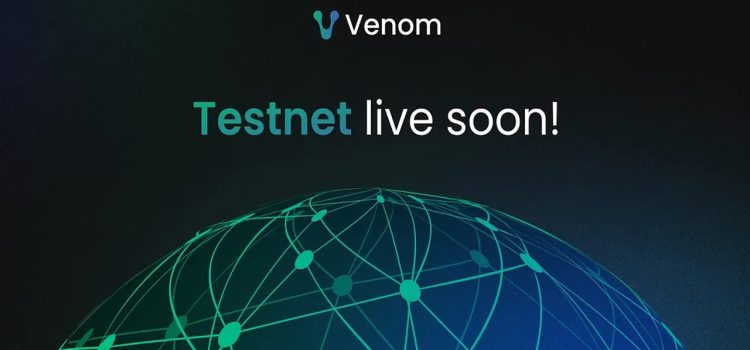
The Climate COP28 UAE Edition will have the first DigitalArt4Climate & Blockchain4Climate edition. The roadmap for the edition will be discussed on May 2nd 2023 side event which aims to shed light on the game changing potentials of digital innovation especially blockchain as an enabler of societal action for climate empowerment and local SDGs implementation.
The virtual side event will focus on edutainment and youth in an effort to help the UN Climate Conference COP28 in Dubai UAE in December 2023. The side event is being organized by IAAI GloCha.
The IAAI association is a UNFCCC accredited non-profit organization based in Austria that promotes sustainable development and climate action through the use of innovative technologies, such as blockchain, artificial intelligence, and the Internet of Things (IoT). IAAI is a member of the Global Challenges Action Empowerment Consortium (GloCha), which is a network of organizations working together to tackle the world’s most pressing challenges, including poverty, climate change, and inequality with a systemic innovation approach, including culture/education, (blockchain focused) digital innovation and social/organizational innovation.
IAAI is a founding member of the Climate Chain Coalition (CCC) (https://climatechaincoalition.org/), the world’s oldest and largest network of organizations which work towards harnessing the potentials of blockchain technology for climate action empowerment.
At the virtual side event IAAI GloCha, the UN Habitat Youth program, the Climate Chain Coalition and partners from the UAE and other parts of the world will present the roadmap towards the DigitalArt4Climate COP28 edition, the Data and digital innovation for citizens and youth climate action empowerment partnership of GloCha and the Climate Chain Coalition (incl. activities in relation to the development of a citizens climate action app), plans for the COP28 Blue zone Digital Innovation/ Blockchain4Climate pavilion in the context of broader networking and capacity building efforts of the global Blockchain4Climate community, etc.
The side event will entail a live web-broadcast on the IAAI GloCha Facebook page & UN Habitat Youth Program Youtube Channel & live and on-demand broadcast coverage on UN WebTV https://media.un.org/en/webtv/.
Irina Karagyaur, Co-coordinator of DA4C & Miroslav Polzer will present the DigitalArt4Climate concept
Presentations will also be made on DA4C plans for COP28 (DA4C COP28 competition launch at the UNFCCC Bonn Climate Conference June 2023 (innovations: music video award category, artists with special needs award (in collaboration with Art for All Center Sharjah, as well as DA4C Edutainment hub @ GITEX Impact in Dubai UAE 16-20 October 2023.
DA4C COP28 edition partners will include Mo Ghoneim, Founder at ArtsHelp, Conscious Crypto Creators program, Ruba Hussain, Art for All Center Sharjah, Dubai Care, Mari Asada, NFT artist & Makoto Okubo, Music4SDGs program & Earth Day Japan Network and Lisa Lang, Climate KIC








